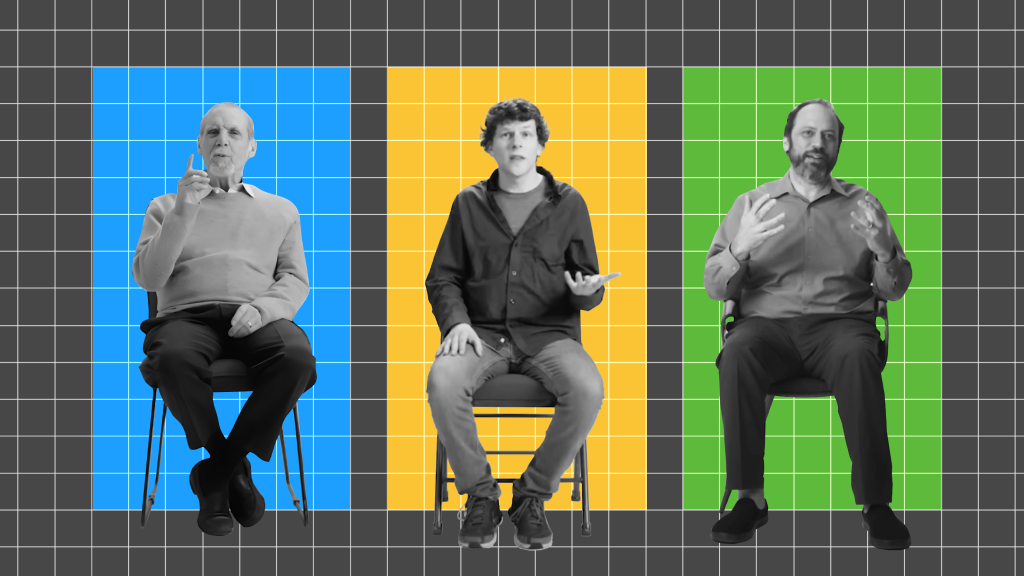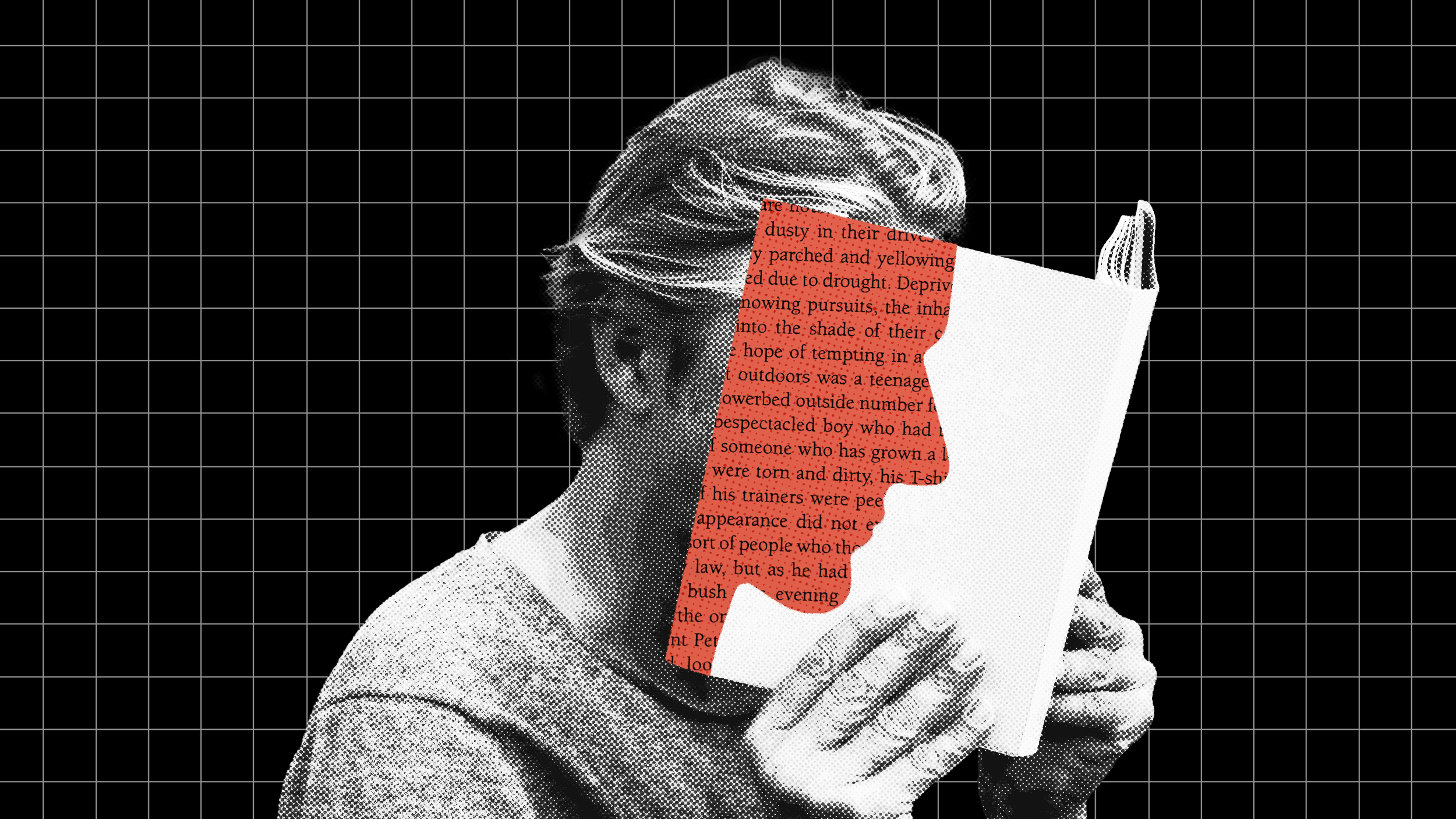Question: What keeps you up at night
Francine Prose: You mean, besides mortality, which keeps everybody up at night? Or coffee? Or chocolate? Or? You know, I mean, I’ve become a bit of an insomniac. I mean, I’m up a lot around say between two and four and I fall asleep and I’m up. And there’s a huge range of things. I mean, a lot of it on the most mundane level, it’s, you know, the email I forgot to answer, the phone call I forgot to make, you know, the thing I have to remember tomorrow or something awful is going to happen. You know, those things and I think that that’s true for a lot of people. But then, you know, all the larger things do creep in there. I’m often just in a complete state of rage about politics and the world and our country and our society and sometimes for better or worse, it just decides to wake me up at two o’clock in the morning and there I am just gnashing my teeth in the middle of the night.
Question: So does writing help?
Francine Prose: It’s certainly a great distraction. I mean as long as I’m working, I’m not thinking about that other stuff so that’s, you know, thank you. But certainly when I was working closely with PEN, I felt like I was doing something. I mean, I was —you know, it is a human rights organization so we were keeping track of writers all over the world who were in prison and persecuted and so forth. But again, I mean, on a larger level, another friend says that literature is a weapon against propaganda. And I think that’s true. I think that everyone now is barraged with propaganda every moment of their waking lives. Every moment. Not just government propaganda but certainly that but also corporate propaganda, cultural propaganda, all sorts of propaganda. And anything you write, if it’s anything like the truth, even remotely like the truth, militates against that in a certain way, I mean, or anything you read. I mean, you can be told, for example, that, as we were for eight years, that certain countries were the axis of evil. But if you read work by writers who live in those countries, you find out, surprise, they’re human beings, just the way we are. You know, you can be told that undocumented workers are illegals but if you read work about or by people from the countries from which these people come, you realize, surprise, they’re human beings. So I think in that way, and I’m not saying literature has to do this, literature doesn’t have to do anything at all but literature can do this.
Recorded On: September 16, 2009





